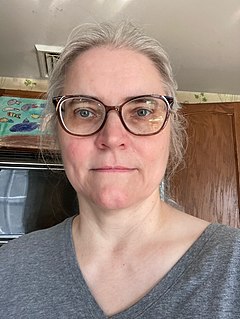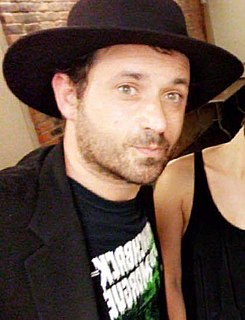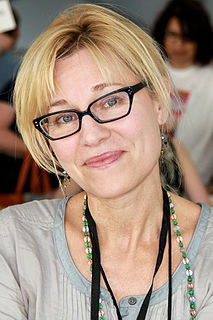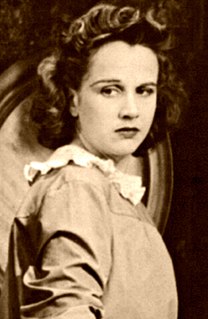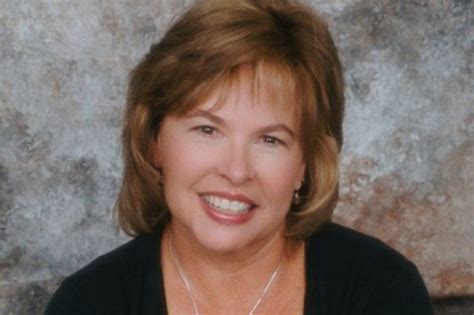A Quote by Debra Hamel
In researching literary agents I did what the books tell you to do: I looked at the acknowledgments page of a book that was similar to mine. Happily, that author thanked his agent. I looked up the agent on the web and found out that he not only represented authors writing books similar to mine, but I knew some of his clients! So, I sent in the manuscript, and they decided to represent it.
Related Quotes
I never actually sought out an agent or a publishing house. A friend of mine named David Simmer got wind of what I was doing, and he sent one of my books to a literary lawyer in Los Angeles. He loved it, and he sent it to other people, including an agent, and he picked me up, and that's how 'Bird Box' got to where it is now.
The syndicates take the strip and sell it to newspapers and split the income with the cartoonists. Syndicates are essentially agents. Now, can you imagine a novelist giving his literary agent the ownership of his characters and all reprint, television, and movie rights before the agent takes the manuscript to a publisher? Obviously, an author would have to be a raving lunatic to agree to such a deal, but virtually every cartoonist does exactly that when a syndicate demands ownership before agreeing to sell the strip to newspapers.
There are three infallible ways of pleasing an author, and the three form a rising scale of compliment: 1, to tell him you have read one of his books; 2, to tell him you have read all of his books; 3, to ask him to let you read the manuscript of his forthcoming book. No. 1 admits you to his respect; No. 2 admits you to his admiration; No. 3 carries you clear into his heart.
I think having a good agent is key. I've been with mine for ten years now, and she's very honest with me. There are a lot of times I've sent her books that were not so good because I was tired of writing, or panicked about money, and she's told me flat out, "You don't want this to be your next book. Trust me."
The author with the greatest influence on me is my friend Stephen Harrigan, who critiques everything I write before I even bother to show it to my agent or editor. He's a truly great writer - author of Gates of the Alamo and other books you might know of, and his instincts about what's working in a story, and what's not, are just about perfect. My books would be very different without his influence.
I always write authors after I read their books. I've been doing it for years. I write a formal letter and send it to them in care of their agent. My mother always taught us to write thank you notes, and if an author puts themselves out there, they like to hear that their book connected with someone.
If you want to be traditionally published, then you most likely want to get a literary agent. To sign with an agent, you need to send them a query letter, but agents can get up to 20,000 query letters a year. With numbers like that, it helps to get in front of agents with every opportunity you have.
